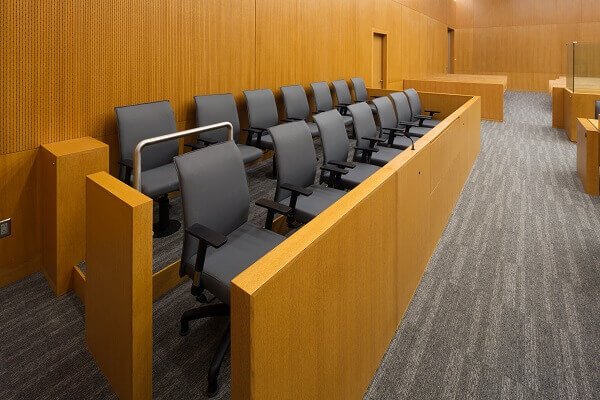West Palm Beach Accident Attorney Discusses the Factors that Trial Jurors May Look For
At Brian D. Guralnick Injury Lawyers, most of our car, truck, and motorcycle accident cases settle before trial. We focus on collecting the evidence we need to convince the insurance companies to settle quickly, and we make sure our clients know the extent of their injuries so that they can avoid settling for less than they deserve.
But, sometimes, we need to go to court. Sometimes, the insurance companies are unreasonable; sometimes, despite our best efforts, they still think it is in their best interests to wage battle in front of a jury. As a result, we approach every case as if it has the potential to go to trial. This involves developing a case strategy focused on getting the jury to answer four critical questions in our client’s favor:
1. Who (or What) Caused the Accident?
In order to win a case at trial, the plaintiff must be able to prove that the defendant caused his or her injuries. If the members of the jury are not convinced that the defendant is to blame, they will not rule in the plaintiff’s favor. In a civil trial, the standard of proof is known as the “preponderance of the evidence.” This means that the jurors must believe it is more likely than not that the defendant was at fault in the accident.
2. How Extensive Are the Plaintiff’s Injuries?
Once the jury is convinced that the plaintiff is entitled to compensation, the question becomes: How much compensation should the plaintiff be awarded? This requires proof of the extent of the plaintiff’s injuries. Unless there is evidence to suggest that the plaintiff was partially at fault (more on this below), the jury should award full compensation for the plaintiff’s current and future medical expenses and other injury-related financial losses.
3. How Have the Plaintiff’s Injuries Impacted His or Her Life?
In Florida, personal injury plaintiffs can also recover compensation for pain and suffering, loss of quality of life, and certain other types of “non-economic” harm. In order to award non-economic damages, the jury will need to hear evidence of the various ways that the plaintiff’s injuries have impacted his or her life. This may involve presenting testimony from the plaintiff and various witnesses, as well as introducing entries from the plaintiff’s Injury and Symptom Diary.
4. Was the Plaintiff Partially at Fault?
A final key fact in auto accident cases is the plaintiff’s level of fault (if any). Under Florida law, a verdict can be reduced in proportion to the plaintiff’s percentage of fault. So, if the defense attorneys involved in the case convince the jury that the plaintiff was 10 percent at fault, then the verdict will only be for 90 percent of the plaintiff’s total losses. It is up to the plaintiff’s attorney to dispute any evidence of fault in order to maximize the plaintiff’s financial compensation.
Experienced Injury Lawyers in Palm Beach County,
If you were injured in an auto accident and would like to speak with an accident and injury attorney your rights, Brian D. Guralnick Injury Lawyers in Palm Beach County. You can reach 24/7. Call me, Brian D. Guralnick, personally at 561-202-6673 for a free consultation.
Disclaimer: The information in this blog is not intended, and must not be taken, as legal advice on any particular set of facts or circumstances. If you need advice on specific legal issues, please consult with a licensed Personal Injury attorney.
Were you or a loved one injured in an accident?
The law offices of Brian D. Guralnick help Florida residents and tourists seek compensation and Demand More? for their injuries.

